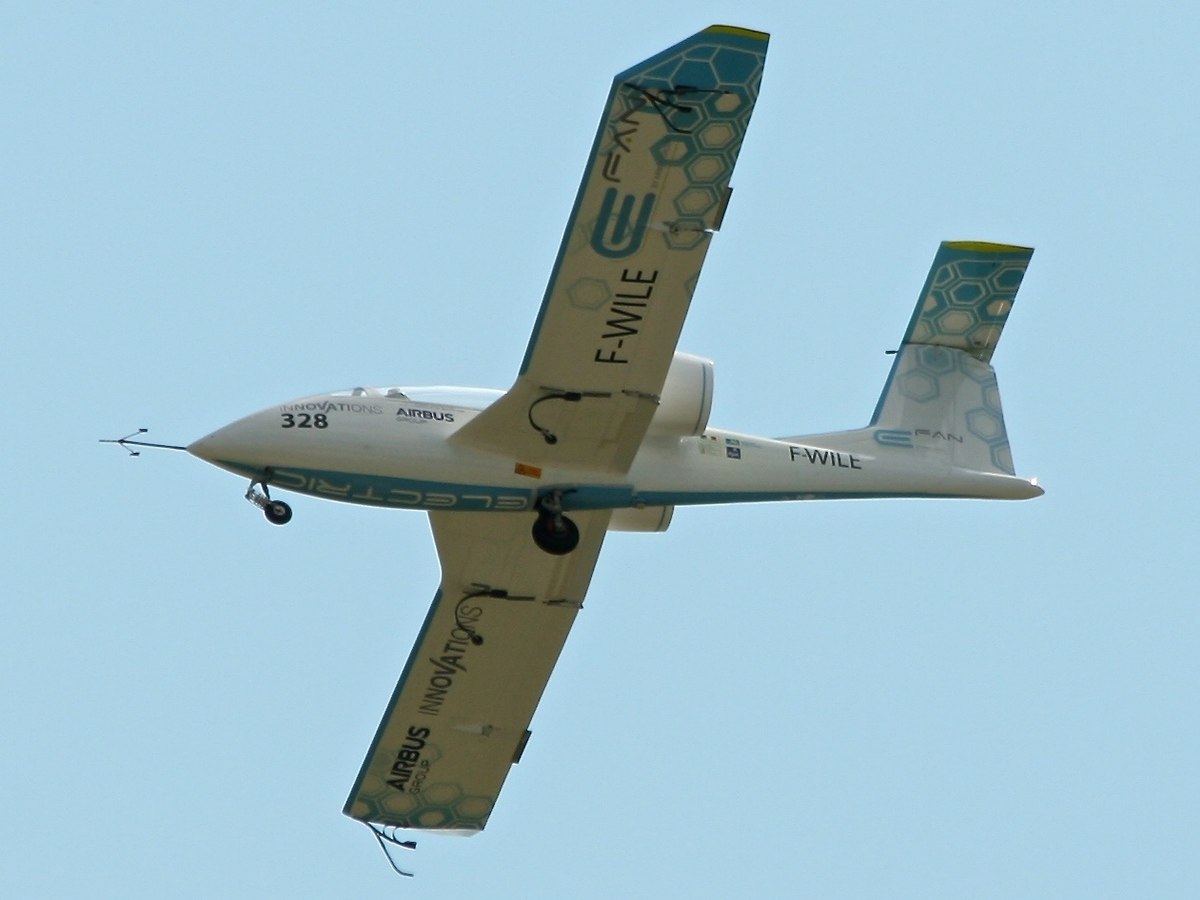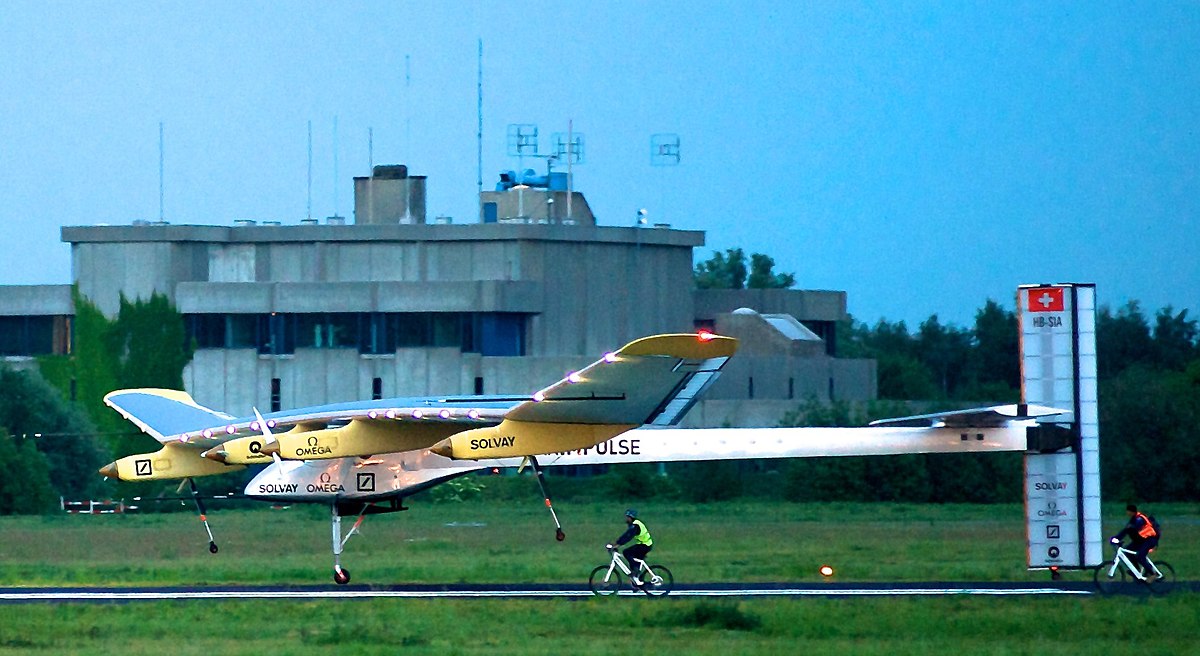There has been a lot of innovation over the last 15 years, just to get from the NiCad 30Wh/kg technology that we had then to the Lithium Ion chemistries we have today offering up to 260Wh/kg. There are cathode compounds with 6 times the current energy density and anode compounds (silicone, lithium) with over 10x the current energy densities offered by graphite, not to mention methods of assembling them into batteries which are more efficient than the approaches of today.
We are at the cray supercomputer end of the battery innovation scale today. The point about the CPU advances per Moore's Law is that they have reached physical limitations and the market demands efficiency and not transistor count or clock cycles today. Battery improvements are being driven by the ubiquity of portable devices since the release of the iphone. People forget that 15 years ago it was absolutely not common for us to travel around with portable computers running constantly. Back in 2004, laptops looked like this:
Thank you for visiting the TechnologyGuide network. Unfortunately, these forums are no longer active. We extend a heartfelt thank you to the entire community for their steadfast support—it is really [...]

www.notebookreview.com
Have a look at what they used to measure the dimensions of this thing. This was not the era of high density battery technology. When the iphone was released in 2007, it had a 1400 mAh lithium battery and was 11.6mm deep. The latest iphone 11 has a 3110 mAh battery and is 8.3mm deep. These are both Li-Ion batteries. Calling this peak battery is a bit premature I think.

 www.bbc.com
www.bbc.com


















